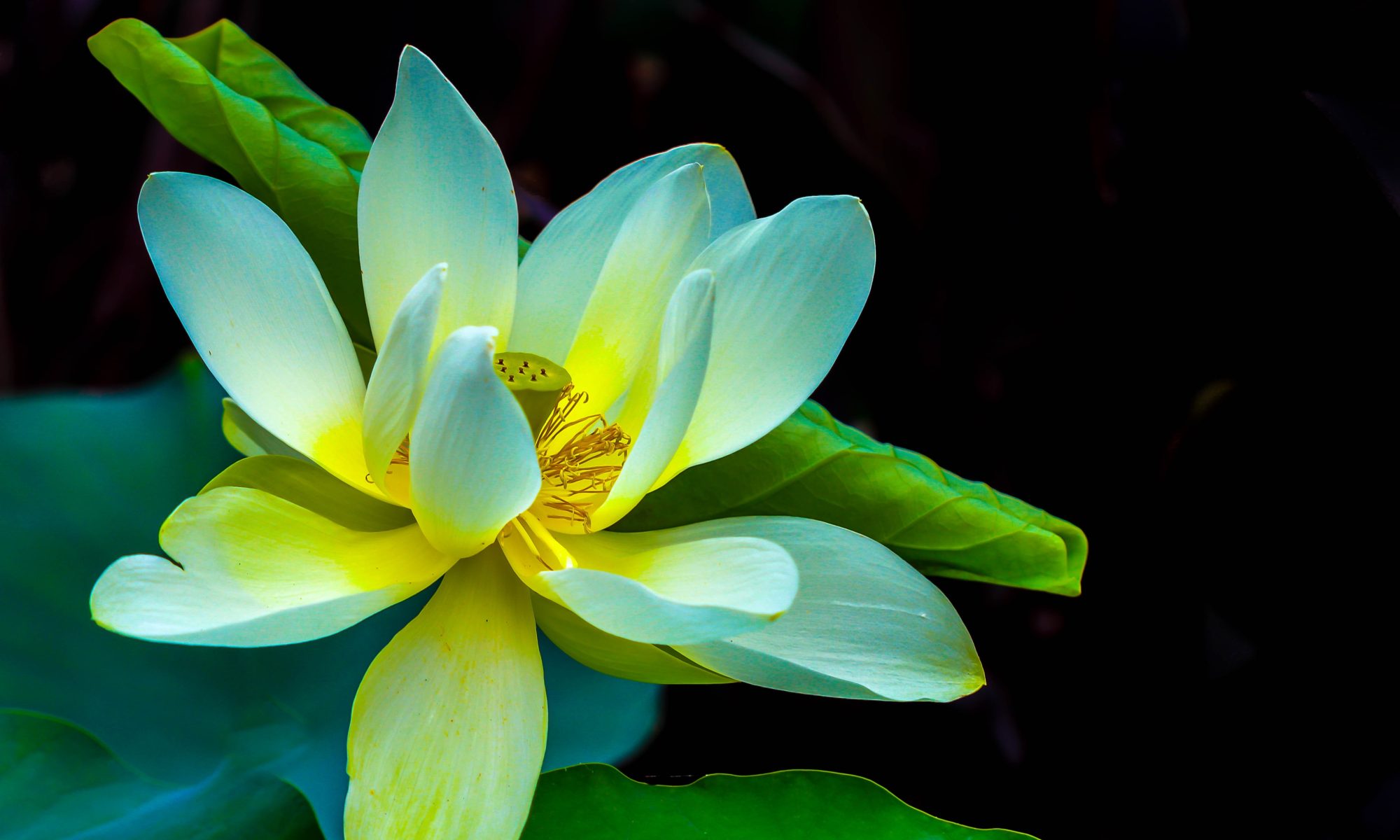Dear all Kalyanamittas,
Below are the audio links to our last Thursday class recording dated 14th June 2018 for sharing by all. The sharing is very good and *Highly recommended* 👍 by Bro Swee Aun, so please do listen to the recording attentively to develop the clear understanding of the cultivation. The outline short notes are as below:
Outline of Brother’s Teoh Thursday class dated 14/6/2018
A) There were a few new people joining the class that night and among them there was one aunty from Penang who doesn’t understand English so Bro Teoh need to initially shared the dharma in hokkien with her first.
B) Then later on Bro Teoh decides to share the ‘Gist of Buddha’s teaching’ as a general topic in English that night via explaining the following:
1) What is the significance of Buddhist Puja?
o Puja is the Pali word for devotion practice
o All the offerings on the altar to the Buddha has important Dharma significance
o The Buddha recommended these pre and post puja practices to his followers to help them develop wholesomeness and cultivate the 5 spiritual faculties (or 5 spiritual mental states) needed for them to understand his spiritual teaching. They are:-
* saddhā – faith or confidence in the Buddha and his teaching
* viriya – Spiritual zeal or tenacity to go this way
* sati – mindfulness or awareness before the knowing or arising of thoughts
* samādhi – collected and unwavering mind
* pañña – wisdom or understanding borne of direct seeing
2) The Law of Karma or moral causation is fundamental to Buddhism
· The whole of humanity revolves around this law of Karma
3) The 5 aggregates of form and mind (the 2 aspects):
* 1st aspect as a human mind we have the physical body (1st form aggregate) and a mind (4 other aggregates of mind which are feeling, perception, sankhara and consciousness)
* 2nd aspect as the 5 mental aggregates of form and mind where the external mental form enters the mind via the mental aggregate of perception or sanna
[Note: What does the physical body consist of? Just the 4 elements (earth, water, wind and heat element) hence no knowing and they are empty and they cannot be ‘you’]
4) The True Mind and the Mundane mind?
· Memory = accumulation of experiences of good and bad. Most of us accumulate a lot of negative psychological memories. Why bad memories? It is because we cling or hold on to them thinking that they are our problem – it generates fear, worry and anxiety, etc.
· Accumulation via memories is clinging, grasping & attachment – they become wrong thoughts. They condition fear, worry, anxiety, phobia, lamentation and sufferings, etc.
· Thoughts are response to memories. So No memories = no thought.
· So to overcome these negative thoughts, the teaching teaches us to meditate to straighten our views to arise the right thoughts.
· The mundane mind is also called the thinking mind or condition arising mind.
· When mundane mind or thinking stopped the true mind will arise (can be realised).
5) Explanation of the four(4) Noble Truths:
* The Noble truth of suffering (Dukkha)
* The Noble truth of the origin or cause of suffering (Samudāya)
* The Noble truth of the cessation of suffering (Nirodha)
* The Noble truth of the path that leads to the cessation of suffering (Magga)
6) Explanation of the 8 Realities of life and existence (1st Noble Truth):
· Birth
· Old age/Ageing
· Sickness/Disease
· Death
· Separation from your love ones or from ones possessions/property, etc.
· When you are with people whom you do not like or association with difficult people
· Expectations in life are not met or not able to get what one desire or when things don’t go your way
· Final summary – Attachments via clinging and grasping to the five(5) aggregates of form and mind
7) The 4 supports for awareness based meditation:
· Relax
· Aware or mindful
· 24 hours
· Trust
8) Thinking does not resolve your problem completely or permanently. Only wisdom frees completely.
· Only Right views borne of wisdom (or the direct seeing) can help condition the right thoughts, right speech and right action leading to right living.
· To think the ‘right thought’ you need to have wisdom or right views.
· The “thought” is just a tool for us to use so the user of thought is most important. Use the “thought” wisely to arise only the right thoughts (borne of right views).
· To develop the wisdom we need to meditate to realise it via the direct seeing.
· What are “Right Thoughts?” – Kind, gentle, appropriate, good and virtuous Thoughts that bring about harmony, understanding, joy, peacefulness, happiness, love and compassion, respect, contentment, gratitude, etc. Basically it is to have virtue and goodness.
· What are virtues? Virtues are your goodness, kindness, gentleness, pleasantness, respect, contentment and other wholesome actions and speeches borne of wisdom.
· Learn to arise more and more of the virtuous thought such as love or metta, compassion, gratitude, respect, kindness, gentleness, goodness, sincerity, contentment, honesty, humility and all the other appropriate right thoughts while living life.
9) Buddha’s Teachings is simple when you understand. Basically they are just the advice of all Buddha:
· To avoid all evils
· Do good and
· To purify one’s mind via meditation to understand the two (2) aspect of minds to develop wisdom
(Note: This draft outline short notes are prepared by sister Keat Hoon)
Bye! and with metta always,
Teoh
From: Bro Swee Aun. *Highly recommended* 👍
*If you missed Bro Teoh’s Thurs class Jun14, you can download at :*
